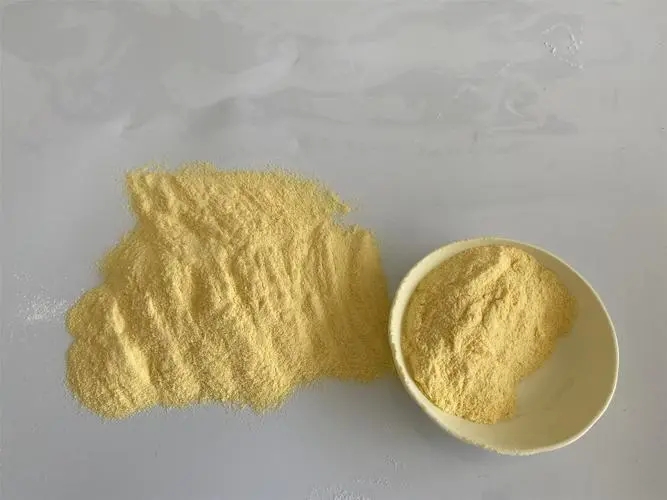Phospholipid importance
Time:2024-01-15
Phospholipids are crucial biomolecules with various important functions in living organisms. Phospholipids are the primary components of cell membranes.They form a lipid bilayer, providing structural integrity and creating a semi-permeable barrier that controls the passage of substances in and out of the cell.
Phospholipids play a role in cellular signaling pathways.They can be involved in signal transduction by acting as precursors for various signaling molecules.For example, phosphatidylinositol is a precursor to second messengers like inositol triphosphate (IP3) and diacylglycerol (DAG) involved in cell signaling.
Phospholipids can act as an energy store.Cells can mobilize fatty acids from phospholipids to generate energy when needed.This is especially important in times of energy demand or during fasting.
Phospholipids contribute to the structure of various cellular organelles, such as the endoplasmic reticulum and Golgi apparatus.They are also found in other structures like myelin, a substance that insulates nerve cells and facilitates rapid nerve impulse transmission.
In the lungs, phospholipids in the form of pulmonary surfactant reduce surface tension, preventing the collapse of alveoli during breathing.This is crucial for maintaining the elasticity of the lungs and facilitating gas exchange.
Phospholipids are involved in the digestion and absorption of dietary fats.They help emulsify fat molecules, breaking them down into smaller droplets that can be more easily digested by lipases.The resulting products can then be absorbed through the intestinal lining.
Phospholipids participate in intracellular transport processes, helping to move substances within the cell.Vesicles, which are membrane-bound structures involved in transport, are formed and stabilized by phospholipids.
Certain phospholipids contribute to cell recognition and identity.Glycolipids, which are phospholipids with attached carbohydrate chains, are involved in cell-surface recognition processes, immune responses, and tissue development.
Phospholipids are involved in the synthesis of steroid hormones.Cholesterol, a type of lipid, serves as a precursor for the synthesis of hormones like estrogen, testosterone, and cortisol.
Phospholipids are versatile molecules that play integral roles in the structure and function of cells, tissues, and organs, contributing to various physiological processes essential for life.


 CN
CN





